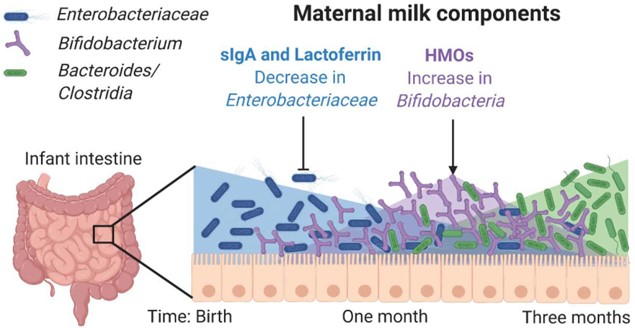Target cells for releasing hormones are in the:
Anterior pituitary gland.
Hypothalamus.
Thyroid gland.
Posterior pituitary gland.
The Correct Answer is B
The hypothalamus is the part of the brain that produces hormones that control the pituitary gland.
The pituitary gland then releases hormones that target other endocrine glands, such as the thyroid, adrenal, and gonads.
Therefore, the hypothalamus is the source of releasing hormones for target cells in the anterior pituitary gland.
Choice A is wrong because the anterior pituitary gland does not produce releasing hormones, but responds to them by secreting other hormones.
Choice C is wrong because the thyroid gland does not produce releasing hormones, but responds to them by secreting thyroid hormones.
Choice D is wrong because the posterior pituitary gland does not produce releasing hormones, but stores and releases hormones made by the hypothalamus, such as oxytocin and antidiuretic hormone.
Nursing Test Bank
Naxlex Comprehensive Predictor Exams
Related Questions
Correct Answer is D
Explanation
It is measured as part of a blood test and depends on the number and size of red blood cells. It is normally 40.7–50.3% for males and 36.1–44.3% for females.
Red blood cells contain hemoglobin, which transports oxygen and nutrients to the cells and tissues of the body.
Choice A is wrong because the color of plasma is not hematocrit.
Plasma is the liquid part of blood that carries blood cells and other substances.
Choice B is wrong because hematocrit is not a disease.
It is a test that can indicate conditions such as anemia or polycythemia.
Choice C is wrong because hematocrit is not a clotting factor.
Clotting factors are proteins that help the blood to clot and prevent bleeding.
Correct Answer is C
Explanation

A newborn is protected against certain digestive and respiratory infections by IgA received via the mother’s milk.
IgA is the main antibody found in breast milk, and it coats and seals the baby’s respiratory and intestinal tract to prevent germs from entering the body and bloodstream.
Choice A is wrong because the blood does not contain IgA, which is the main antibody that protects mucosal membranes.
Choice B is wrong because the placenta does not transfer IgA to the fetus, but only some other antibodies such as IgG.
Choice D is wrong because the intestine does not produce IgA in newborns, as they are born with low levels of IgA.
Whether you are a student looking to ace your exams or a practicing nurse seeking to enhance your expertise , our nursing education contents will empower you with the confidence and competence to make a difference in the lives of patients and become a respected leader in the healthcare field.
Visit Naxlex, invest in your future and unlock endless possibilities with our unparalleled nursing education contents today
Report Wrong Answer on the Current Question
Do you disagree with the answer? If yes, what is your expected answer? Explain.
Kindly be descriptive with the issue you are facing.
